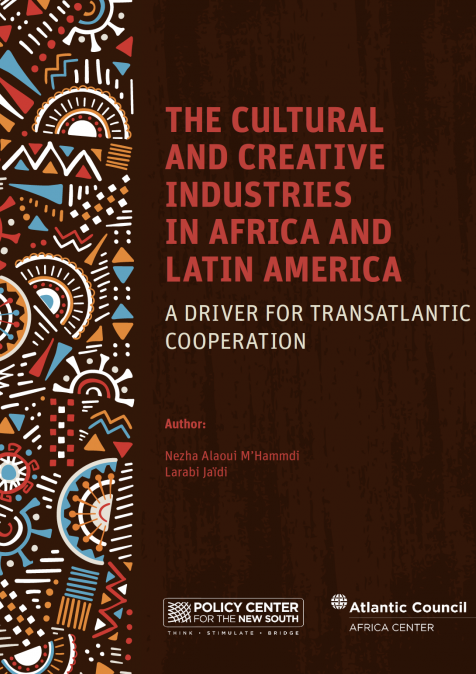يخصص مركز السياسات من أجل الجنوب الجديد حلقة برنامجه الأسبوعي "حديث الثلاثاء" لموضوع المشاركة السياسية للشباب في المغرب رفقة سعيد عثمان اقداد، باحث في العلوم السياسية والعلاقات الدولية. في تشكيل الوعي السياسي للشباب، وداخل المجتمع، خصوصا في كيفية إشراك الشباب في صناعة القرار وتحمل المسؤولية في الهياكل الحزبية، نلاحظ نوعا من الحواجز الموضوعية أمام عملية تجديد النخب، وإفساح مجال أوسع للشباب للتعبير عن آرائه وأفكاره وطموحاته. تواجه فئات عريضة من الفعاليات الشبابية معايير غير مرنة، فتختار الانسحاب من الفعل السياسي مجسّدة بذلك حالة من النفور تجاه القيادات الحزبية، كما أن هذا الواقع يكرّس العزوف الانتخابي وعدم الثقة في خطاب الفاعل السياسي وممارسته. فما هي أسباب عزوف الشباب عن الانتخابات؟ في نفس الوقت، نلاحظ أن هناك انخراط متزايد للشباب داخل منظمات المجتمع المدني لما يتيحه من فرص في التأطير وتقوية قدرات الشباب في جو من الابتكار والريادة، في حين أن الاحزاب لا زالت تعتمد على آليات كلاسيكية تجاه الشباب. كيف يمكن إعادة النظر في عرض الاحزاب السياسية؟ ثم إن 70% من الشباب لا يثقون في جدوى العمل السياسي، و5 في المئة يؤمنون بالعمل الحزبي، و1 في المئة فقط يزاولون الفعل السياسي من داخل الهيئات السياسية، بينما يشكل الشباب 40 في المئة من الكتلة الناخبة. كيف يمكن تحفيز الشباب على المشاركة السياسية أمام تدني الثقة تجاه الفعل السياسي؟ هل الخطاب السياسي اليوم يتماشى مع متطلبات الشباب المغربي وتصوراته لمجتمع مغربي منفتح ومعتبِر للشباب كعنصر أساسي في مسار التنمية؟ وكيف يمكن للهيئات الحزبية أن تجدد طرق تواصلها مع هاته الفئة؟ 30 دقيقة: المشاركة السياسية للشباب في المغرب تسيير: إيمان لهريش، مسؤولة عن البرامج بمركز السياسات من أجل الجنوب الجديد المتدخل: سعيد عثمان اقداد، باحث في العلوم السياسية والعلاقات الدولية











